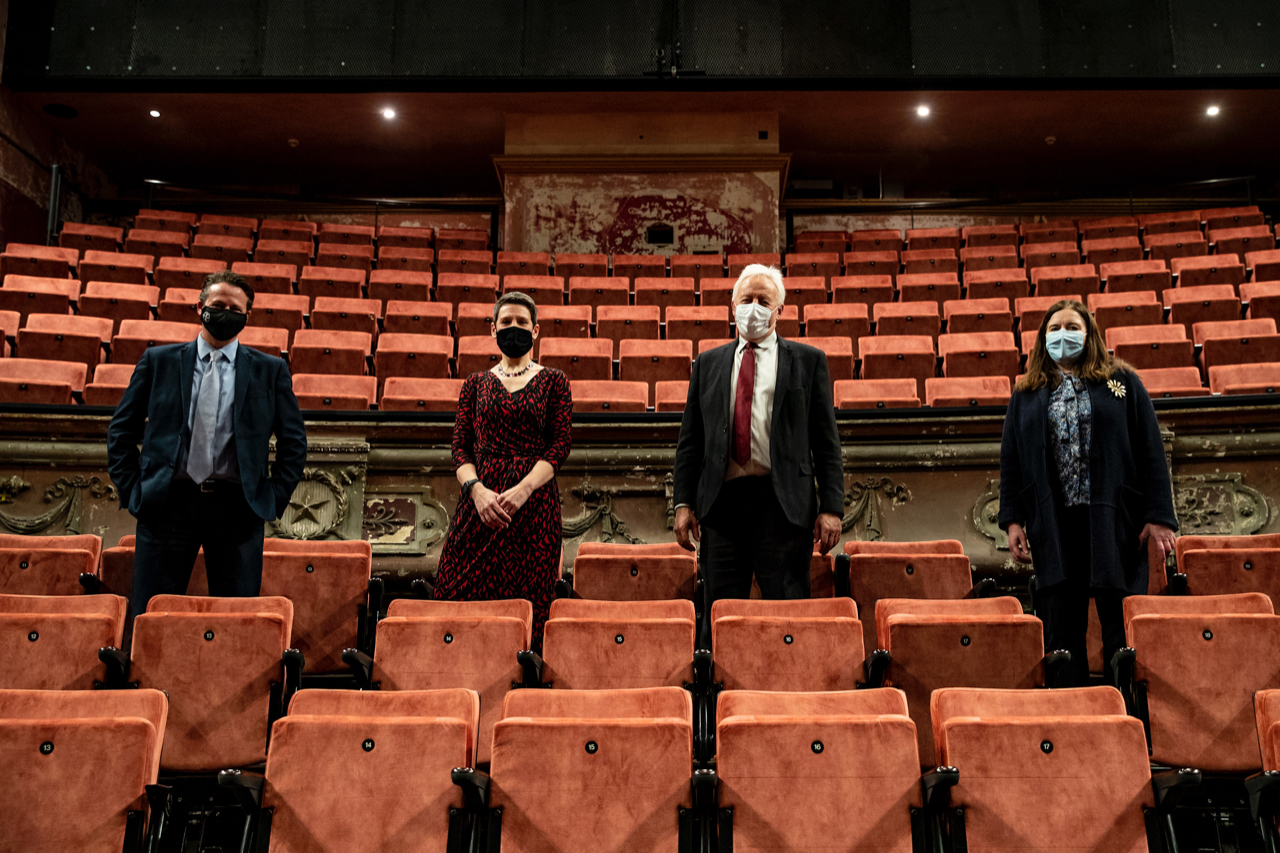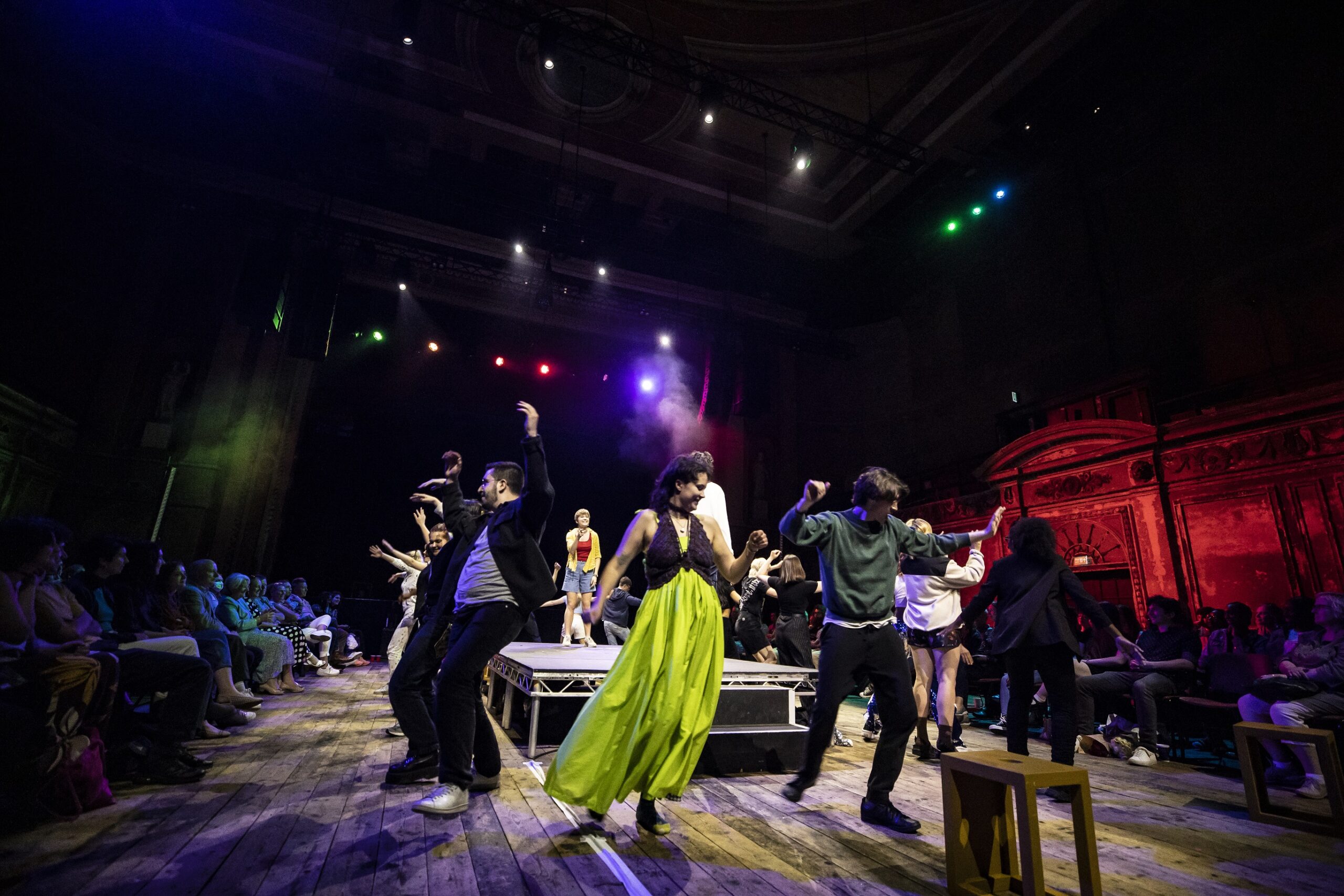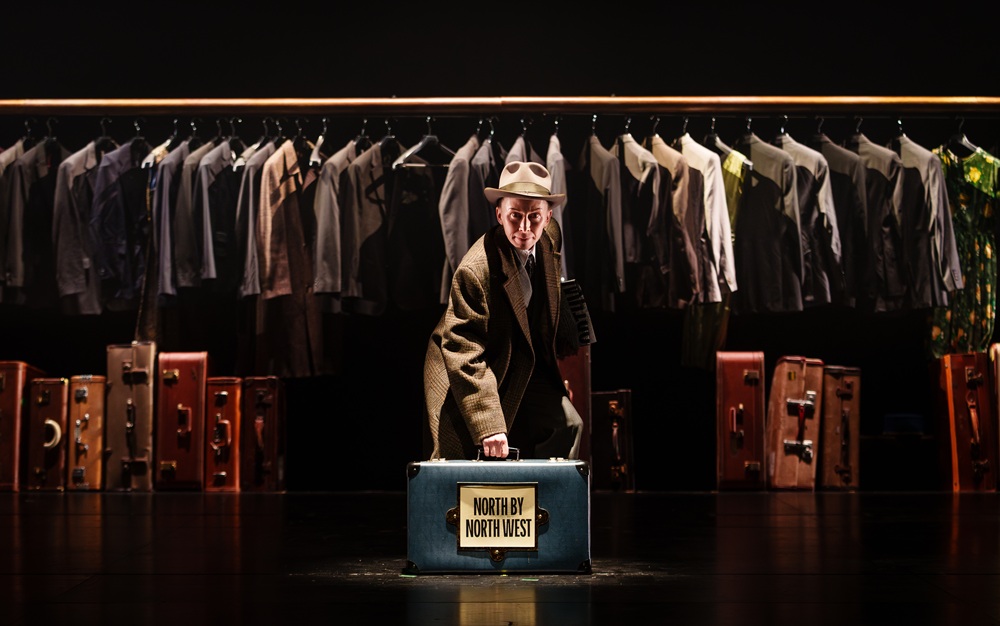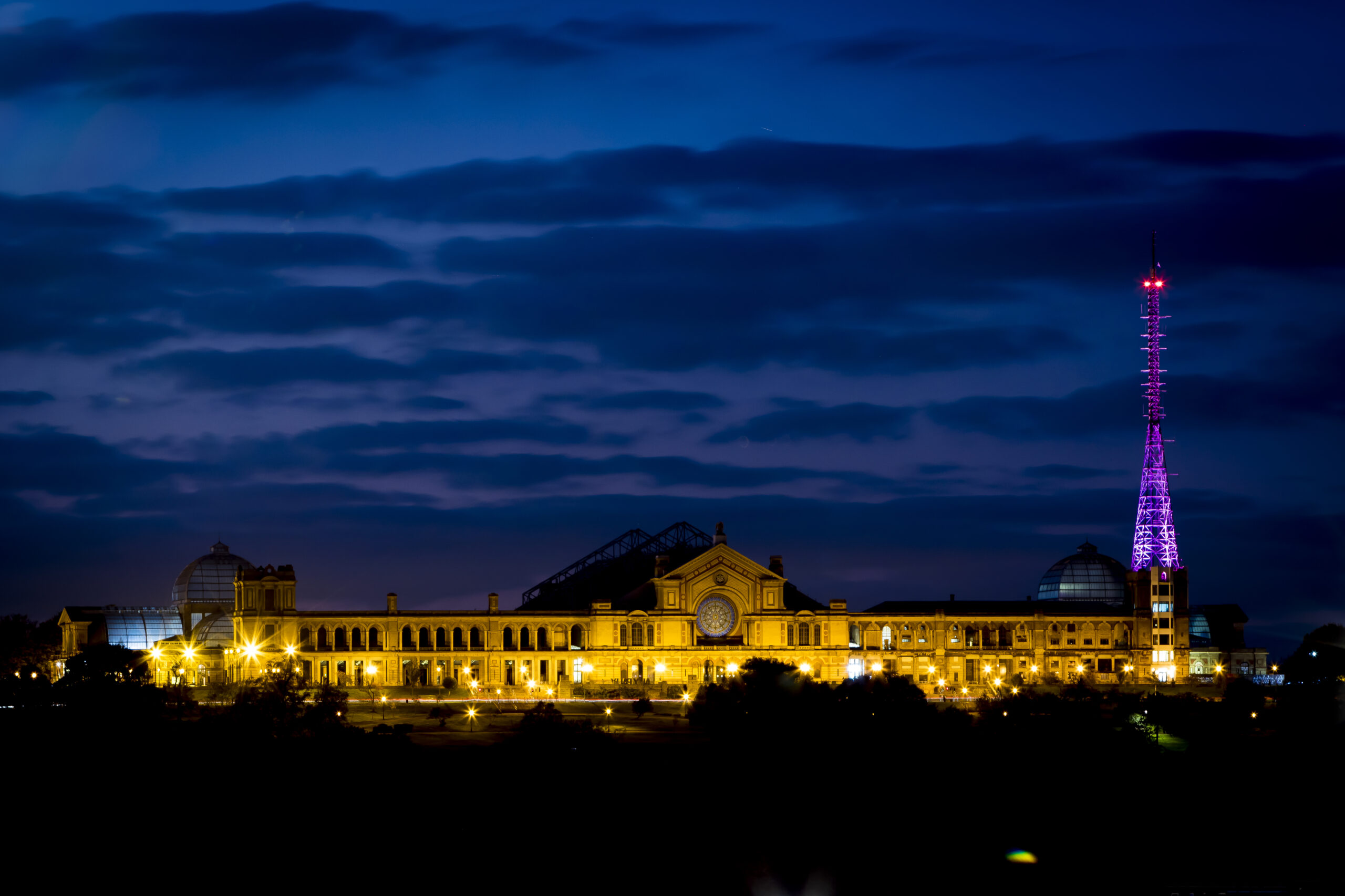Alexandra Park and Palace Charitable Trust has received a grant of £702,000 from the government’s latest round of the Culture Recovery Fund to help the organisation offset the ongoing impact of the Covid pandemic.
The funding will contribute to essential operating costs at the historic Palace and 196 acre Park, such as utilities, security and staffing, and help us to plan a calendar of cultural events in 2022 to generate further income.
Louise Stewart, CEO of Alexandra Park and Palace Charitable Trust:
“We’re hugely grateful to receive this support from the Cultural Recovery Fund. It helps the Park and Palace remain operational and enables us to plan our cultural, leisure and learning programme. It also means we can keep people in work and continue to contribute significantly to our local economy. Our thanks go to the National Lottery Heritage Fund, Historic England and the DCMS for their ongoing support and their recognition of the benefits that Alexandra Palace provides to people and communities.”
 (Heritage Minister Nigel Huddleston, Louise Stewart, Historic England Chief Executive Duncan Wilson and the recently announced new National Lottery Heritage Fund Chief Executive, Eilish McGuinness, in the Palace’s theatre this week)
(Heritage Minister Nigel Huddleston, Louise Stewart, Historic England Chief Executive Duncan Wilson and the recently announced new National Lottery Heritage Fund Chief Executive, Eilish McGuinness, in the Palace’s theatre this week)
Throughout the pandemic, when restrictions have allowed, the Palace has provided a range of events and activities. This has included hosting food distribution and covid testing centres. The award-winning Park has welcomed five million people each year and the Palace’s Creative Learning activities have supported some of the most vulnerable people in the local community. Entertainment has continued too, with drive-in opera and cinema at the height of lockdown, to a range of live music, theatre and sport in recent months.
In a normal year Alexandra Palace, which is one of the country’s largest independent event venues, delivers over 250 events, provides more than 20,000 work opportunities and contributes nearly £170m to the wider economy.
Nearly 140 heritage organisations in England will benefit from £15.5 million this Christmas thanks to the government’s unprecedented Culture Recovery Fund for Heritage.
Heritage Minister Nigel Huddleston:
“I’m delighted that this vital funding from our unprecedented Culture Recovery Fund is giving so many brilliant heritage organisations a helping hand this winter. I want everyone to enjoy what our fascinating and diverse heritage has to offer and with this money we’re safeguarding these organisations for generations to come.”
Ros Kerslake, Chief Executive, National Lottery Heritage Fund:
“This latest round of the Culture Recovery Fund for Heritage provides a welcome Christmas boost for Heritage organisations. With the situation changing daily, the funding will be crucial in helping heritage sites navigate their seasonal activities ensuring the safety of their visitors and their communities. The grants will also support organisations in implementing business plans as they work round the challenges for the coming year, helping financial sustainability and driving tourism so that we can look to a bright future for our heritage sector.”
Duncan Wilson, Chief Executive, Historic England:
“We are delighted that the Culture Recovery Fund for Heritage grants continue to keep so many heritage organisations going. From major historic buildings to small community organisations promoting local heritage – all deserve this support, to continue to open up to everyone the opportunities that our shared history creates.”
The Culture Recovery Fund for Heritage is administered by the National Lottery Heritage Fund, in partnership with Historic England on behalf of the Department for Digital, Culture, Media and Sport. A total of £138 million has been awarded to heritage organisations from the three rounds of the government’s £2 billion Culture Recovery Fund support package made available for arts, culture and heritage organisations during the pandemic. This third round of grants are part of the additional £300 million announced by the Chancellor at March’s Budget.





